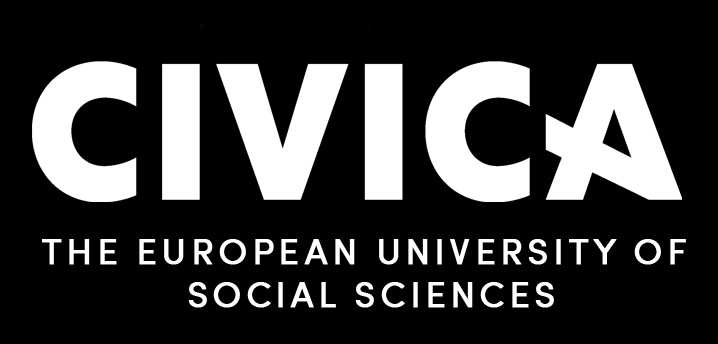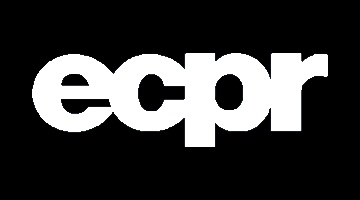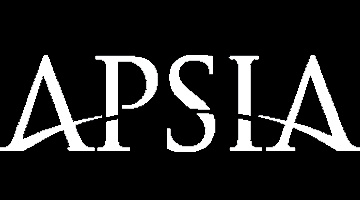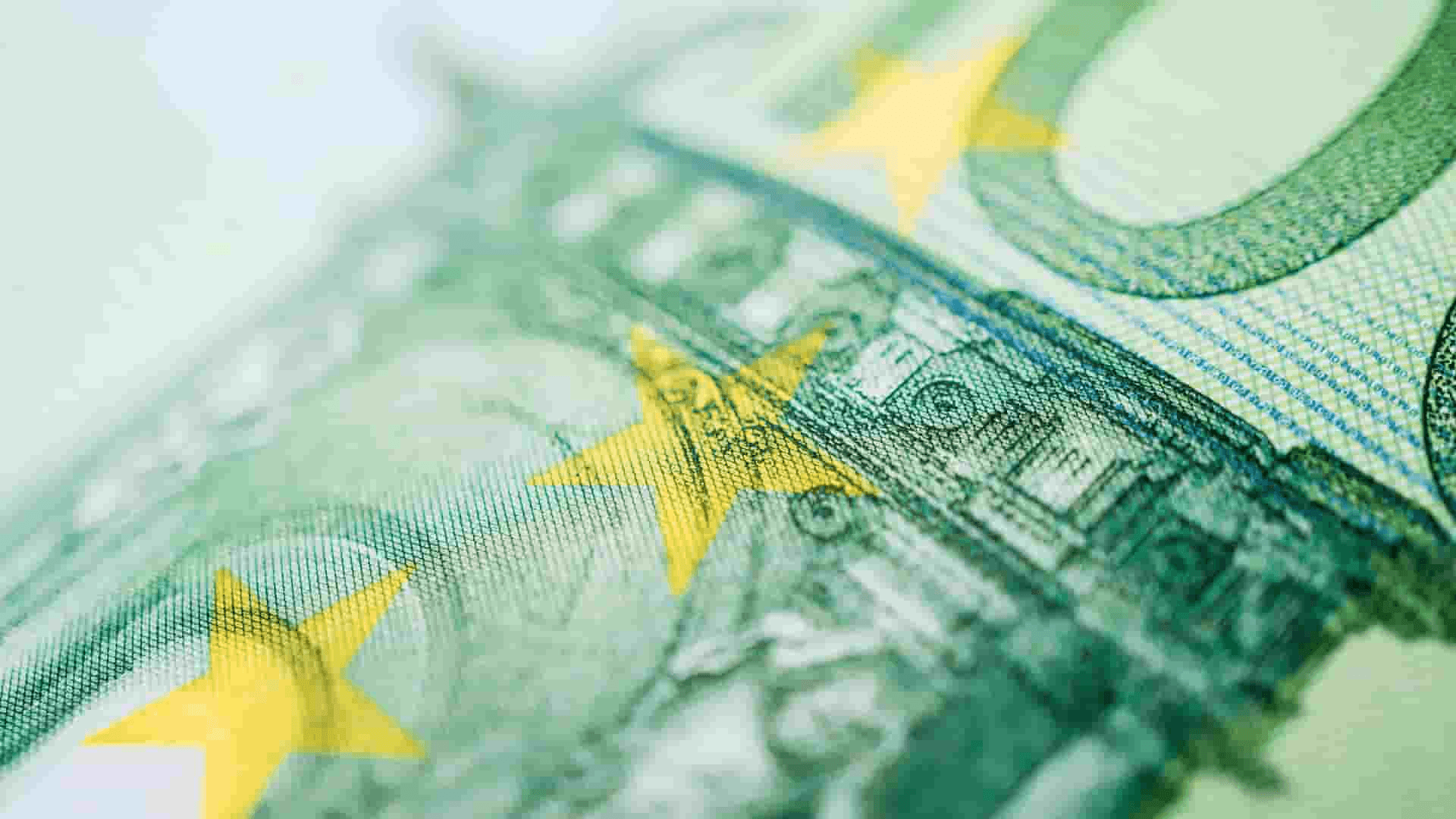
Bachelor in Economics
- Home
- Studies
- Undergraduate Degrees
- Bachelor In Economics
THE BACHELOR IN ECONOMICS
In this rigorous and challenging program students study econometrics, political science, applied analytics, behavioral science and technology to analyze the new reality of economics and how it affects the diverse contexts in which we live and work. IE University’s proven expertise in management and technology are the foundations for this bachelor. This program is aimed at individuals passionate about analysis and economics, who want to drive economic transformation, efficiency and growth in the digital era.
The Bachelor in Economics is fully compliant with the Bologna Process, and is accredited by the Spanish government and the European Higher Education Area (EHEA).

WHO IS THIS PROGRAM FOR
IS FOR INDIVIDUALS WHO ARE…
passionate about analytical thinking and data, and interested in understanding the complexity of the principles that underpin economics in the digital and tech era.
LOOKING FOR…
a program that will provide the skills necessary to impact economic and business performance, and help improve people’s lives in both the public and private sectors through a deep understanding of human behavior, economic environments and markets.
TO BECOME...
- an economic consultant
- a financial market analyst
- a bank manager
- a policy developer
- a behavioral economics advisor
- a government research consultant
- a company sector analyst
- an equity analyst
- a blockchain risk analyst
- a sustainable economy advisor
- a country analyst
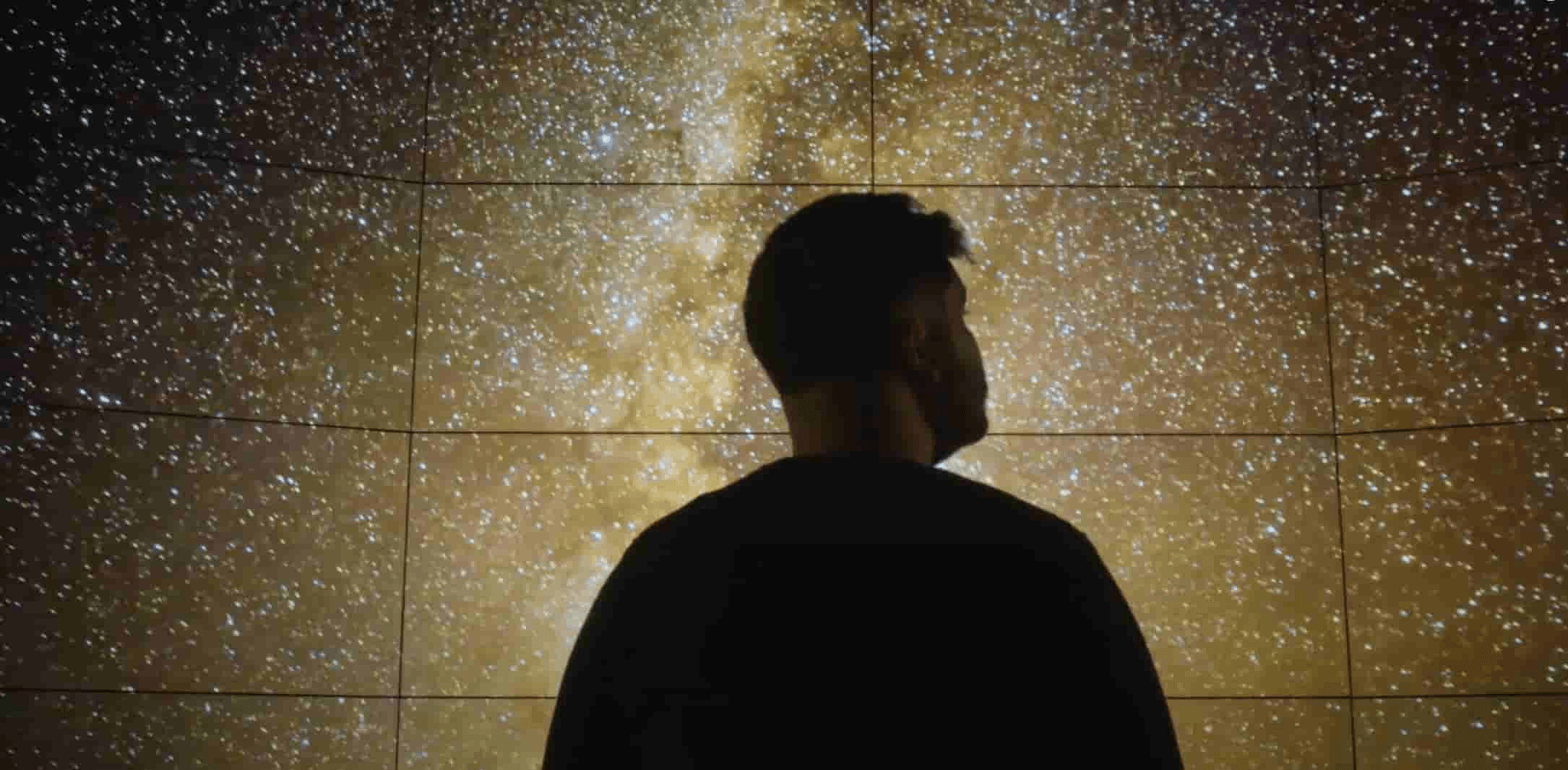
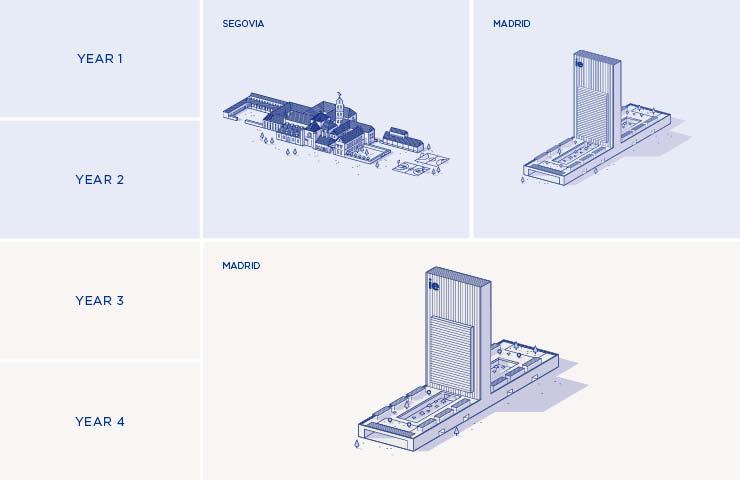
location
You can study the Bachelor in Economics in Segovia and Madrid.
If you decide to start in Segovia, you will spend year one and two at the campus in Segovia, before moving to Madrid for year three and four. If you start the program in Madrid, however, you will spend all four years of the program in the Spanish capital.
FACT SHEET
PROGRAM
Bachelor in Economics
DURATION
4 years
LANGUAGE
English
CENTRES OF STUDY AND NUMBER OF PLACES
Centro de Estudios Superiores IE (Madrid) – 50 places
Facultad de Ciencias Humanas, Sociales y de Comunicación (Segovia) – 50 places
CREDITS
Total number of credits: 240 ECTS*
Distribution of credits and subjects**:
Core subjects – 60 ECTS
Mandatory subjects – 108 ECTS
Elective subjects – 60 ECTS
Final Project – 12 ECTS
AREA OF KNOWLEDGE
Economic Sciences, Business Administration, Marketing, Trade, Accounting and Tourism
TEACHING METHODOLOGY
Face-to-face
SPANISH MINISTRY’S REGISTRY OF UNIVERSITIES, CENTRES AND DEGREES
ASSURANCE AGENCY
ACSUCYL*** – Buscador Títulos Oficiales
*European Credit Transfer System
**The character of the subjects is defined by the Spanish legislation
***Quality Assurance Agency for the University System in Castilla y León
A SURE PATH TO SUCCESS
Five reasons to take the Bachelor in Economics at IE University:
MERGE TECHNOLOGY, PUBLIC POLICY AND ECONOMICS FOR THE DIGITAL ERA
The ever-changing economic environment requires talent that combines foundational knowledge in economic analysis with public policy and technology. Tools and skills like computing and data science, as well as proficiency in the public sector, are needed to make better decisions in the complex world of economics.
DEVELOP QUANTITATIVE AND CRITICAL THINKING SKILLS BY SPECIALIZING IN FINANCE OR IN POLICY ANALYSIS
You will learn the fundamentals of economics and then dive deeper into the quantitative aspects of research and analysis. After building a solid foundation in economics during the first three years of the program, you will be able to specialize in one of two different fields during your fourth academic year: in Country, Sector, and Policy Analysis or Economic and Financial Analysis for Business. These specializations, designed to give you the tools necessary to drive different areas within economics, will help you tailor your studies to your own needs.
MAKE AN IMPACT IN SOCIETY, GOVERNMENT AND COMPANIES
You will study the economy from a global perspective to appreciate its impact on society, governments and corporations. Learn and build on economic principles to understand how individuals allocate limited resources to satisfy their needs in both the public and private sectors. This broad approach to the study of economics will allow you to develop the skills necessary to become a successful economist capable of tackling challenges on an international scale.
WORK WITH A FACULTY OF TOP INDUSTRY LEADERS AND BENEFIT FROM THE LATEST STUDIES AND DISCOVERIES
You will be surrounded by academics and professionals who are today’s pioneers in economics. Our faculty is made up of a diverse group of experts who bring real-world expertise to the classroom and come from prominent positions in government, international consultancy firms, banks, equity funds and EU institutions. They range from top researchers to influential voices in the economic and political arena, to authorities driving economies in governments and institutions. Click here to know more about our world-class faculty.
DISCOVER THE NEW TRENDS IN FINANCE
You will cover the latest trends in corporate finance and private equity, global markets, asset management and alternative investments, as well as taking a deep dive into finance analytics and digital finance, with a focus on artificial intelligence and the application of big data to finance.
BACHELOR IN ECONOMICS PILLARS
DRIVE ECONOMICS IN THE DIGITAL ERA
The ever-changing economic sector must integrate the digital technologies that shape our lives. Traditional economics tends to underestimate how much new technologies impact societies, governments and businesses. In this program, you’ll study the implications of automation, e-platforms, and the circular and sharing economy, often excluded in regular economic programs. Elements such as the Internet of Things, artificial intelligence, machine learning, analytics and big data affect decision-making and economic policy while creating new local and global economic opportunities.
UNDERSTAND SOCIETY AND HUMAN BEHAVIOR
The foundations of economics are constructed under the assumption of rational human behavior and optimal decision-making. However, research has shown that human conduct is reshaping long-established economic principles. In this program, you’ll explore and study behavioral economics, experimental economics and behavioral nudging, which gain more relevance in the field every day.
CHOOSE YOUR OWN SPECIALIZATION
After building solid foundations in economics during the first three academic years, you’ll be able to specialize in one of two different fields in your fourth year. These specializations, designed to give you the tools necessary to drive various areas within economics, will help you tailor your studies to your own needs. Specialize in Country, Sector and Policy Analysis to better understand how governments and different sectors play a vital role in the economy; or specialize in Economic and Financial Analysis for Business to explore how the economy affects financial markets and business performance across different industries and sectors.
GAIN A GLOBAL UNDERSTANDING OF THE ECONOMY
Study the economy from a global perspective to comprehend its impact on international relations, governments and organizations. You’ll explore topics like public affairs, governance, global finance, trade and crisis management, allowing you to understand the dynamics underpinning the economic reality that drives our world. Through this broad approach, you’ll develop the skills necessary to become a successful economist capable of tackling challenges on an international scale.
DISCOVER THE IE SCHOOL OF POLITICS, ECONOMICS & GLOBAL AFFAIRS
At IE School of Politics, Economics & Global Affairs, we promote diverse points of view and perspectives. Our students benefit from valuable connections within our extensive global network. We have garnered global recognition, holding international accreditations, fostering partnerships with over 200 universities through exchange programs, collaborating with esteemed international institutions and establishing numerous agreements with various organizations and companies, providing extensive professional opportunities.
Manuel Muñiz, Dean of IE School of Politics, Economics & Global Affairs, explains our mission and what makes us exceptional.

Student Stories
At IE University, more than 75% of our student body comes from outside Spain, representing an average of 130 nationalities on campus each year. We take great pride in these numbers—and in the individuals behind them.
Our students are natural go-getters with a global outlook and a dream of a better future. Regardless of their degrees or passions, they strive every day to unleash their innovative potential and reach their goals. Driving this shared vision are people from a variety of cultures, backgrounds and life experiences. They are both united and entirely unique. These are our students. Discover their stories.





FROM THE ACADEMIC DIRECTOR
Patricia Gabaldon, Academic Director of this program at IE University, explains in-depth the Bachelor in Economics.
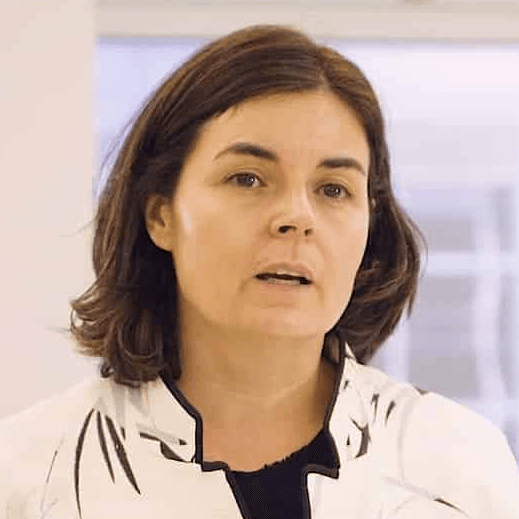
Faculty Stories
Our 500-strong faculty guides students to unleash their potential day in, day out. Their influence across all five Schools can’t be overstated, inspiring young, energetic minds as they define their personal and professional trajectories.
But what kind of person does it take to create such impact? The individuals that make up the IE University faculty are special. Coming from diverse, global backgrounds, they each bring distinct perspectives and innovative ideas that embody what makes IE University stand out. Their stories are personal and unique—but don’t take our word for it. Read their stories to see for yourself.
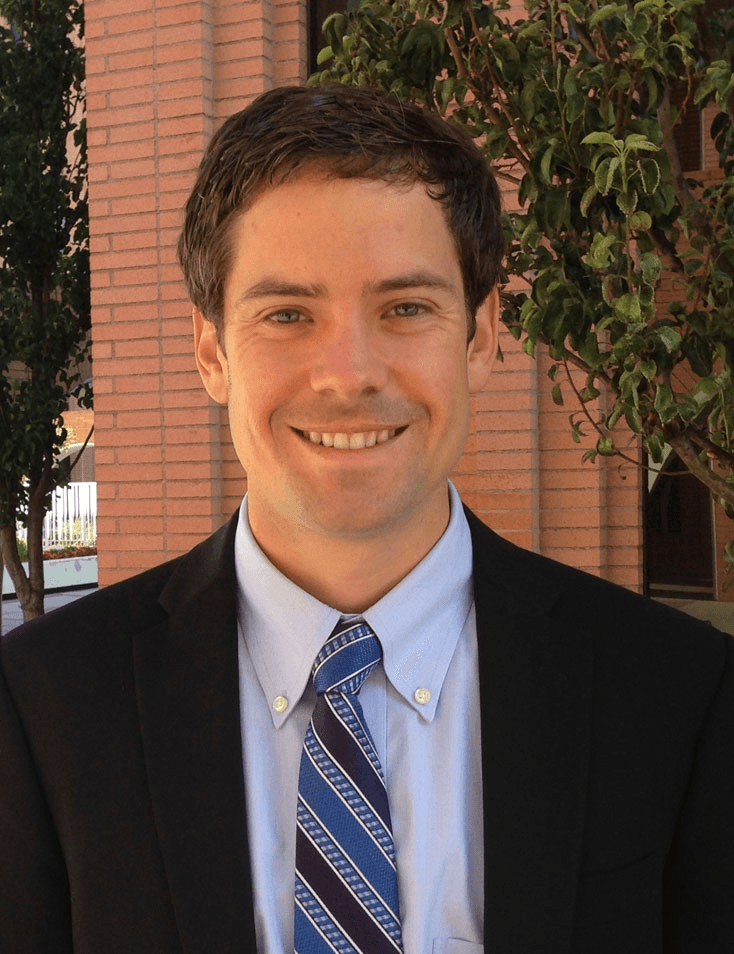
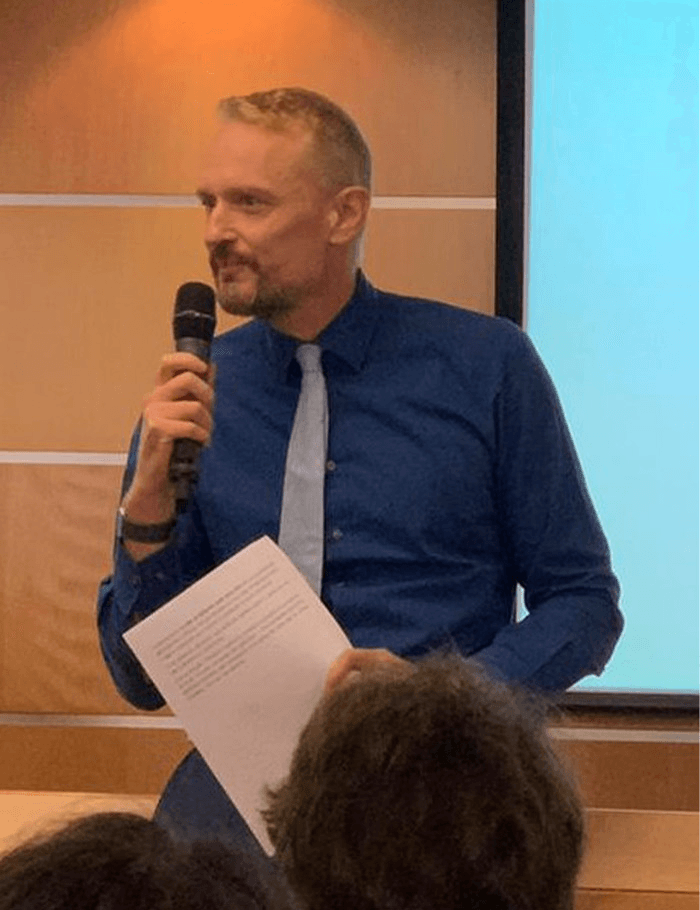
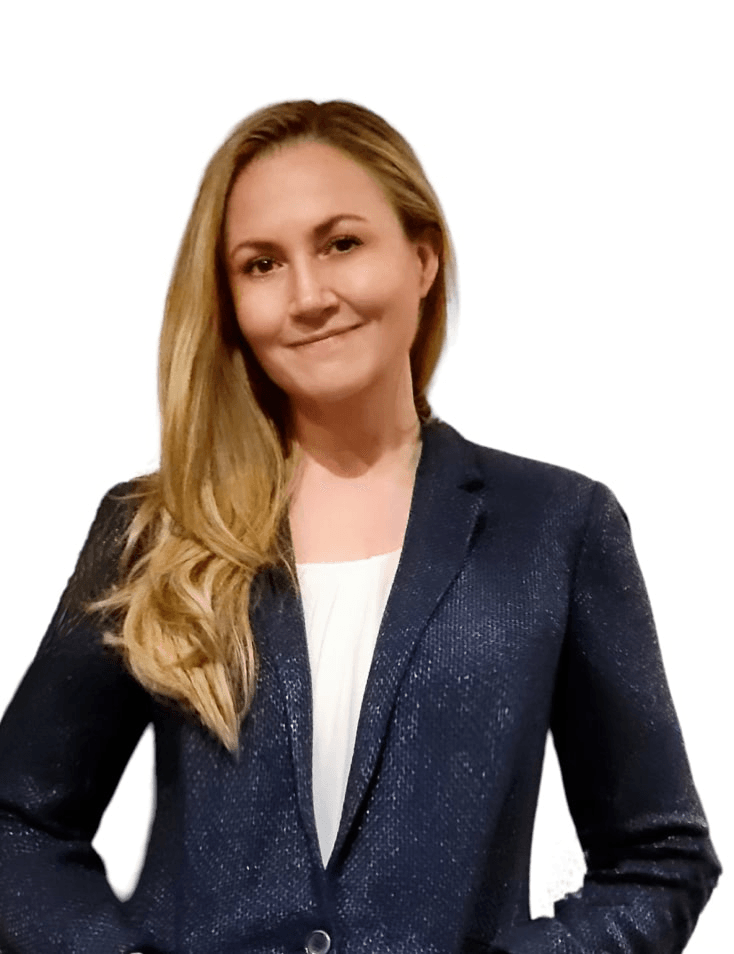
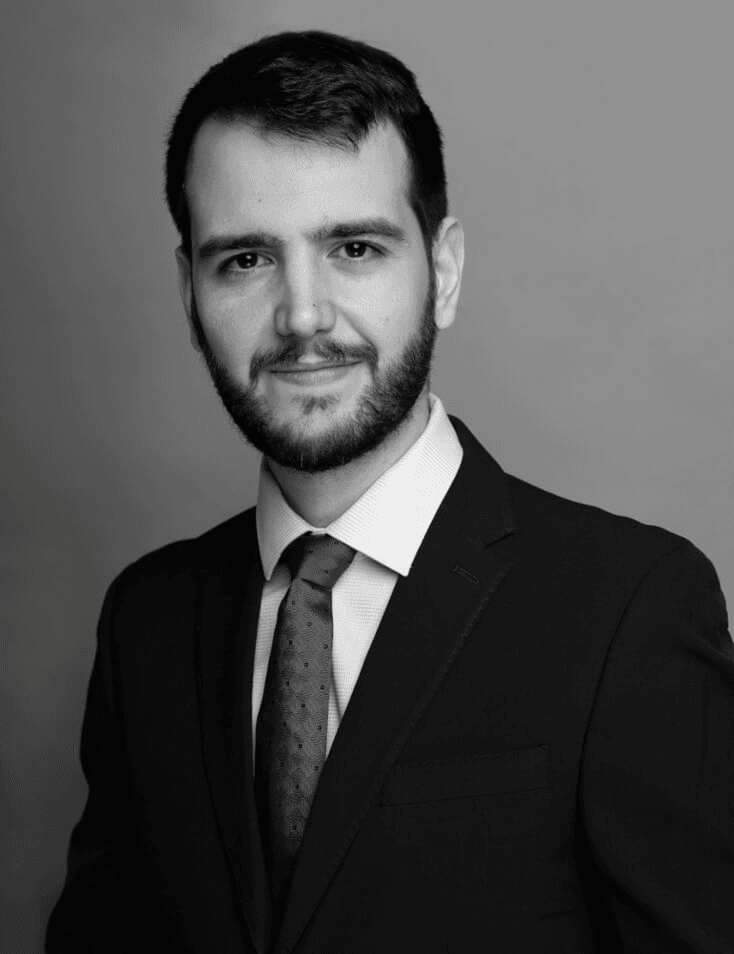
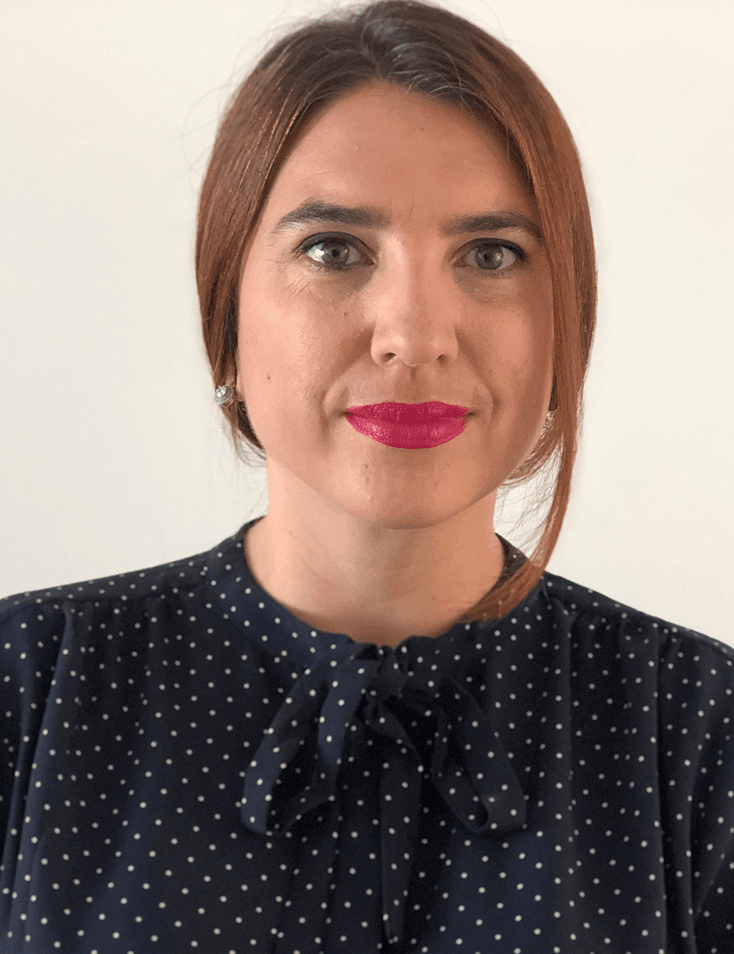
WHAT THE EXPERTS SAYS ON ECONOMICS
Industry experts share their views on the impact of modern economics on the world we live in.
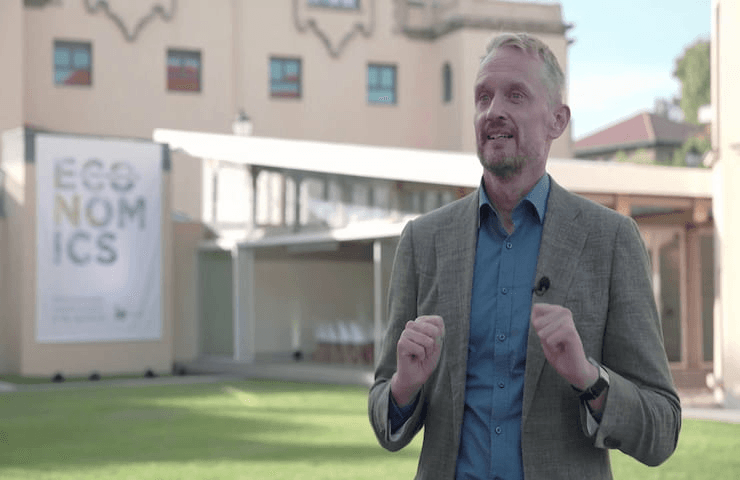
JUERGEN FOECKING DISCUSSES THE MERGING OF TECH AND ECONOMICS
Juergen Foecking, who’s currently working at the Institutional Relations European Parliament Office in Spain, explains how technology is impacting economics.
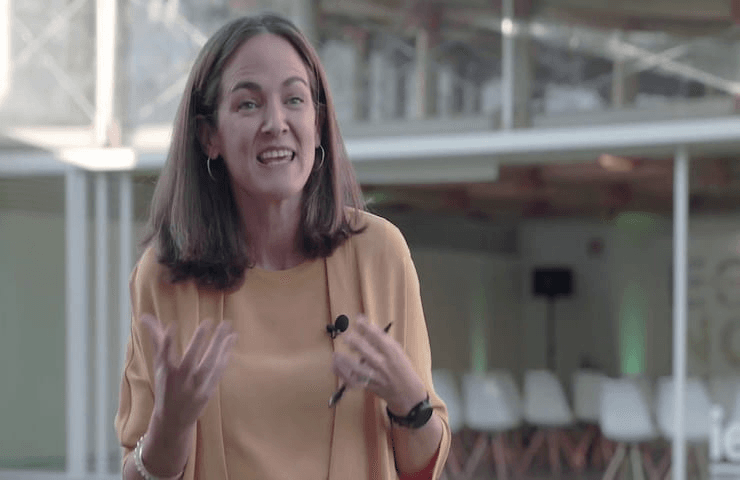
LARA DE MESA EXPLAINS THE RELEVANCE OF ECONOMICS TODAY
Lara de Mesa, Head of Responsible Banking at Banco Santander, shares her view on economics’ role in the modern world.
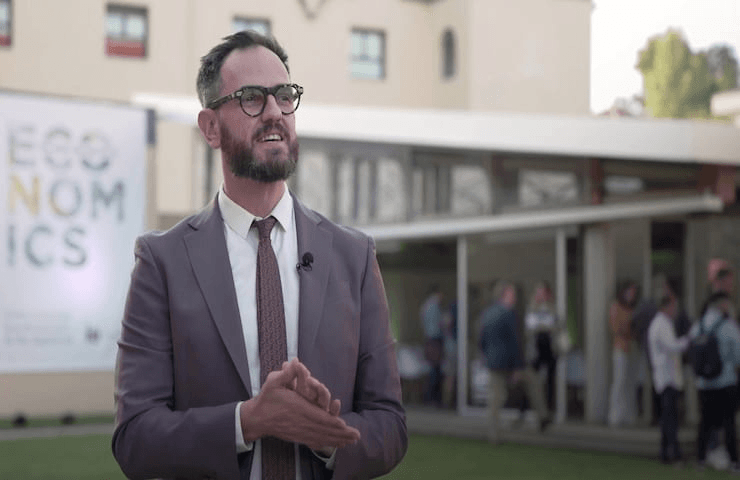
PROFESSOR GÓMEZ EXPLAINS THE ROLE OF DATA IN TODAY’S ECONOMY
Juan Pedro Gómez, Finance Professor at IE University, gives us some insight on how data is used in economics.
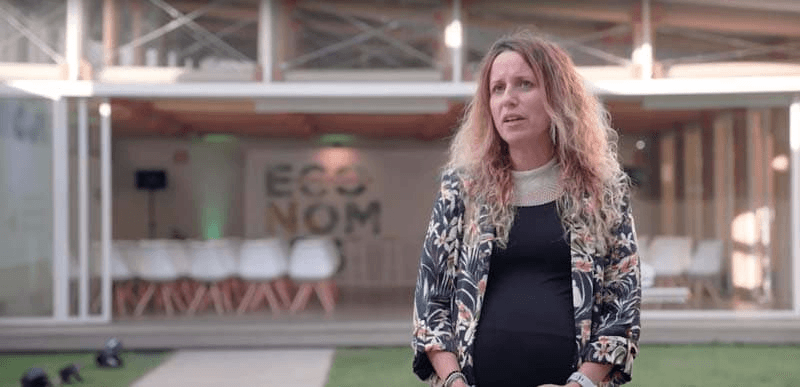
NURIA PESQUERA PAINTS A PICTURE OF 21ST-CENTURY ECONOMICS
Nuria Pesquera, Director of Behavioral Economics at BBVA, shares her thoughts on the economics of the twenty-first century and the skills you need to stay ahead in the industry.
Read our blog
Frequently Asked Questions
Is economics a good Bachelor degree?
The bachelor in Economics at IE University is a good bachelor's degree for those who are interested in understanding the way that the economy functions and how it affects individuals, businesses, and governments. Economics is a broad field that covers topics such as microeconomics, macroeconomics, international economics, and public policy. A degree in economics can open up a range of career opportunities in areas such as finance, government, consulting, data analysis, and academia.
Is a Bachelor in economics hard?
It depends on your individual abilities and interests. A Bachelor in Economics involves studying topics such as micro and macroeconomic theory, statistics, financial analysis, and econometrics. If you are comfortable with math, data analysis, and critical thinking, then you may find the coursework to be challenging but manageable. However, if these areas are not your strengths, you may find it more difficult. As with any degree program, it requires dedication and hard work, but with the right motivation and study habits, anyone can succeed.
What can a bachelor of economics get you?
A Bachelor of Economics can get you a range of career opportunities in areas such as finance, government, consulting, data analysis, and academia. IE University’s proven expertise in management and technology are the foundations for this bachelor. This program is aimed at individuals passionate about analysis and economics, who want to drive economic transformation, efficiency and growth in the digital era.
Which degree is best for economics?
The best degree for economics would be a Bachelor in Economics. These degrees are specifically designed to provide students with a strong foundation in economics principles and theories, as well as training in statistical and quantitative analysis. However, other related degrees, such as a Bachelor in Business Administration (BBA) with a specialization in Economics, can also be valuable, depending on the individual's career goals and interests. Ultimately, the best degree for economics will depend on the individual's specific circumstances and career aspirations.
